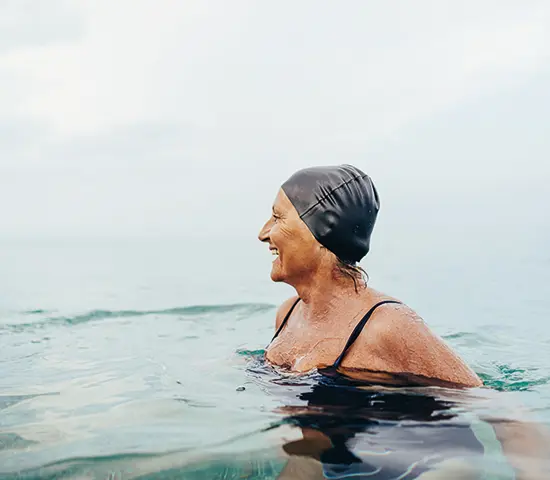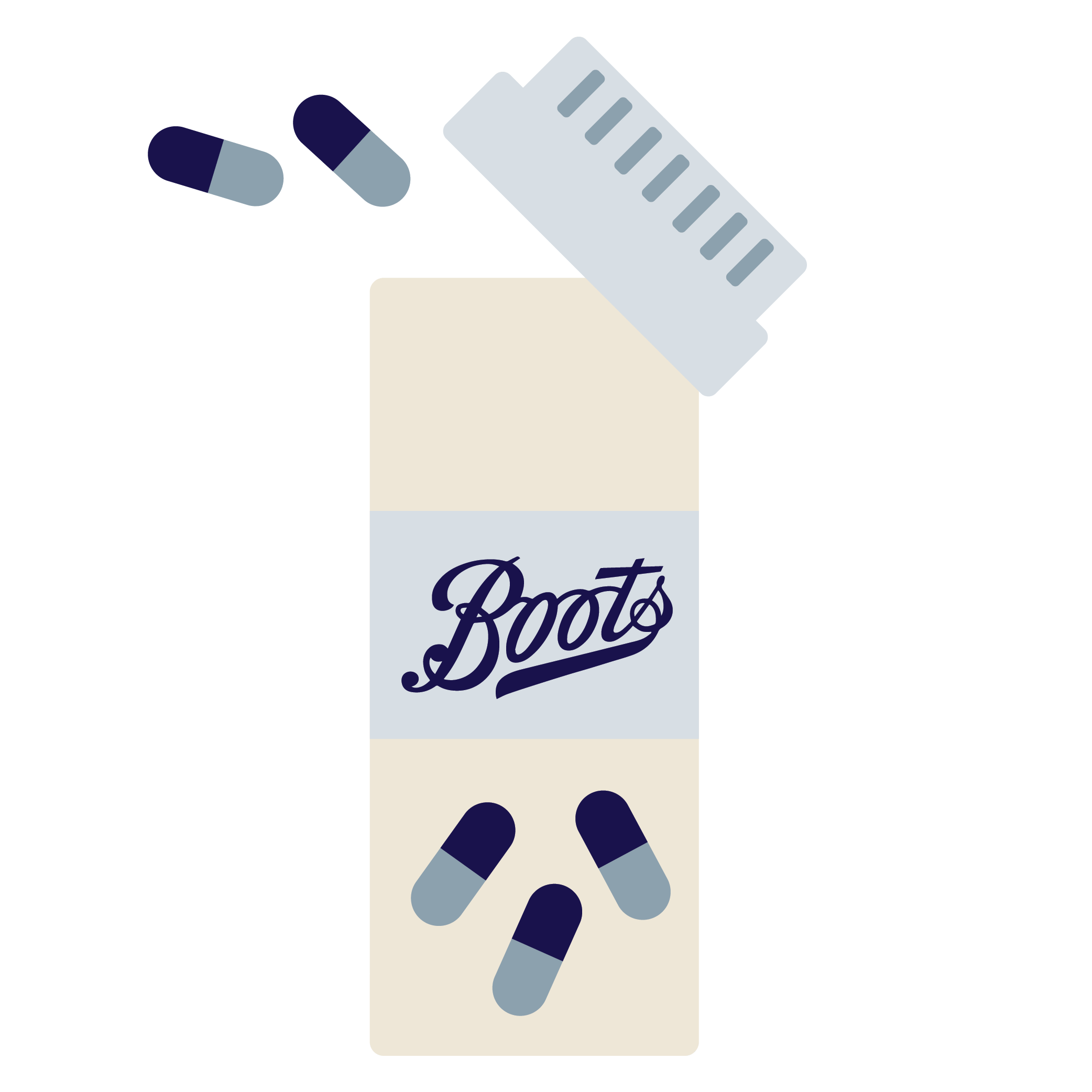
HRT TREATMENT FACTS
About HRT treatment
Hormone Replacement Therapy (HRT) treats menopause symptoms by replacing the hormones that are missing with age. There are several different ways in which you can take these hormones depending on your symptoms, age, health and whether or not you still have a womb. We can help you choose the right treatment for your symptoms, if suitable for you.
How do HRT treatments work?
HRT treatments work by replacing one or two of the main hormones that are lost during menopause. Oestrogen is the main hormone that is lost with age and is part of all HRT treatments. For most women, progesterone is prescribed in combination with oestrogen to protect the health of the womb.

What are the risks of HRT treatments?
For most women, the benefits of HRT outweigh the risks. Although there are some risks associated with HRT treatment, they’re usually very small and depend on which type of treatment you take and your general health. HRT treatment can also lower your risk of developing brittle bones (osteoporosis) which is more common after menopause.
Being obese or having more than three alcoholic drinks per week puts you at greater risk of developing breast cancer than does HRT treatment.
How do I use HRT treatments?
HRT treatments can either be taken as tablets, or through the skin as a gel, patch or spray. We also have a ‘Vaginal Dryness’ service which offers vaginal HRT in the form of tablets or cream that you insert into your vagina.
It’s important to know that HRT medicines are not a contraceptive and don’t protect against sexually transmitted infections.
You need to continue using contraception for two years after your last period, if this happens before you are 50 years old. You need to continue using contraception for one year after your last period, if this happens after you are 50 years old.
What are the side effects?
When taking HRT treatment, you might experience breast pain and tenderness, or vaginal bleeding. Some women also experience leg cramps, backache, headaches, abdominal pain, nausea or bloating. The treatment can also make you feel depressed or anxious. Which side effects you experience can depend on whether you are prescribed oestrogen on its own or in combination with progesterone.
You might experience some irregular bleeding or spotting in the first 3 to 6 months after starting HRT. This is normal. However, if you experience bleeding after this time, or if new bleeding starts, you must see your doctor.
If you’re prescribed patches, you might also experience irritated, itchy skin and a rash where the patch is applied.
Any side effects should ease over time but it’s important that you let us know if you’re experiencing any severe side effects.
For full information of a medicine’s side effects and how to take it, it’s important to read the Patient Information Leaflet that comes with your medicine.
How quickly do HRT treatments work?
HRT treatments typically improve your symptoms gradually over time. We will contact you after two months to check how you’re doing and to see if the treatment is working for you.
Important Safety Information
It’s important that you tell us which other medicines you’re taking — whether they’re prescription or medicines you’ve bought without a prescription. You must also tell us about any other health conditions you have. We need to know so that we only prescribe HRT treatment if suitable for you.
Your symptoms should improve after using this treatment for three months. If they are no better after three months please let us know. If your symptoms are getting worse, please get in touch.
What are my options if I don’t want HRT treatment?
There are ways that you can help to manage menopause symptoms if you decide that you don’t want HRT treatment. Eating a healthy diet and doing regular exercise, both aerobic and strength building, will help you manage your symptoms and protect your bone health.
It’s also important that you get enough sleep and limit your alcohol intake to the recommended amount - a maximum of 14 units a week. To help manage your mood and anxiety, talking therapy such as Cognitive Behavioural Therapy can help.
It’s very important that you have regular breast, bowel and cervical screening through your GP.
Keeping you safe
If you do not feel safe, are experiencing abuse or control, or have experienced this in the past, please find support below or send us a message:
- Ask for ANI at your local Boots pharmacy
- Contact National Domestic Abuse helpline 24/7 on 0808 2000 247
- Look at www.mind.org.uk/information-support/guides-to-support-and-services/abuse/
- Emergency situation dial 999, speak, cough or tap, then speak or press 55 when through to the police
Page last reviewed by: Dr. Anju Verma 13/10/2022

